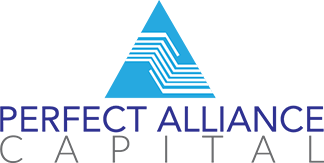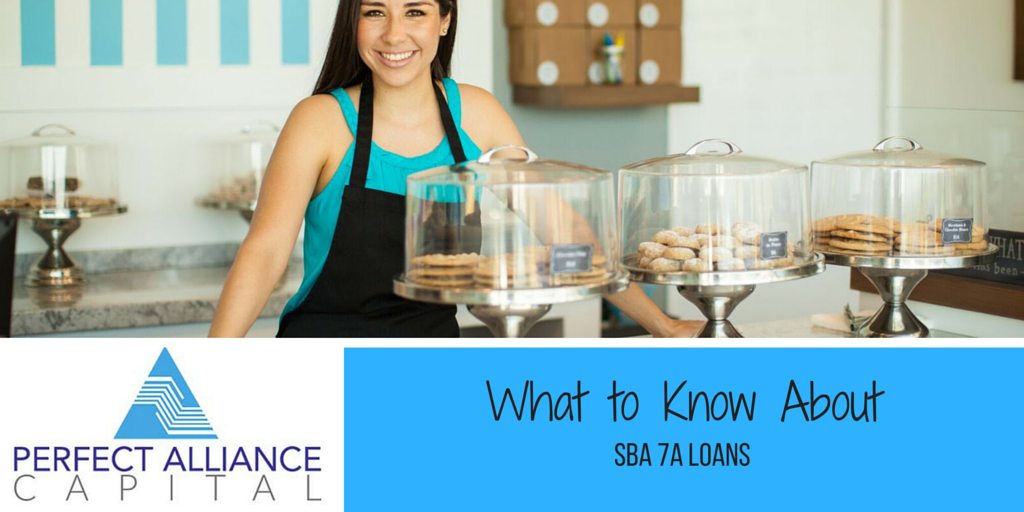SBA 7a Loans are part of a program from the Small Business Administration to help small businesses get capital for their business through government-secured lenders. The biggest advantage of SBA 7a Loans is that they are secured like many student loans (85% secured up for loans going up to $150,000 and 75% for loans that are higher). The SBA will not guarantee a loan over $5 million.
Advantages of SBA 7a Loans
The biggest advantage for a SBA 7a loan is that the government is guaranteeing most of the loan payment, meaning that for the lender, it’s a pretty safe deal. This also allows for small businesses with less-than-perfect credit to apply for a traditional loan that can be used for business purposes. With a loan amount that can go up to $5 million, many small businesses could hypothetically find such loans useful. If you owe nothing to the government (such as student loans) you may be able to acquire an SBA loan.
Disadvantages of SBA 7a Loans
The main disadvantage of a SBA loan is that it often requires even more paperwork than a traditional bank loan. Since the SBA has its own interest to maintain as well as that of the lender, these loans often require more thorough paperwork. More paperwork means more time. For new businesses in the start-up phase this might not be too much of a problem, as getting a hold of all the accounting is often easier with less time worked. For expanding businesses with a history, this could prove problematic if a company doesn’t have an accountant to present the overall health of the small business.
Are SBA 7a Loans Right For Your Business?
If you are in need of capital for your business and want to get a loan, a SBA loan isn’t the worst choice because it’s subsidized, meaning lenders may look the other way when it comes to credit rating. However, it may be far more time-consuming than using alternative lending, where your profits are the main focus when it comes to helping with capital.

